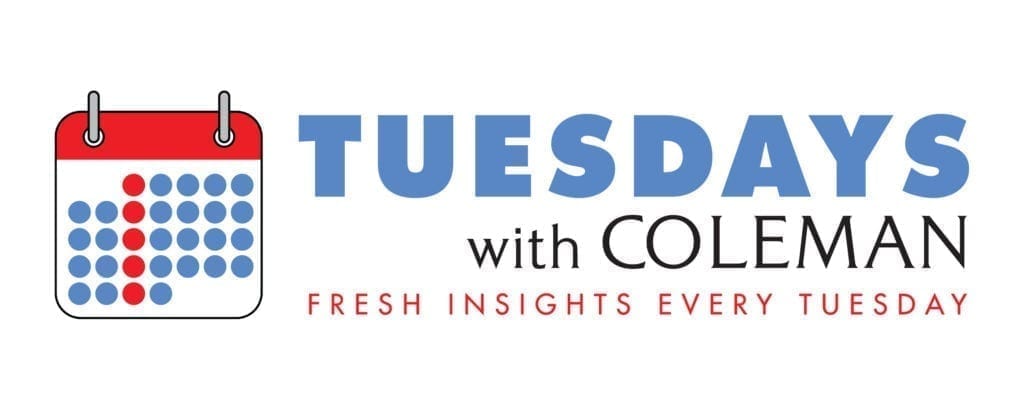
Ask any experienced music radio programmer and he or she will be able to tell you about numerous situations where “something big” was happening in their format that just didn’t feel right to them for their stations. Classic Hits programmers will try to deal with the fact that 20,000 people are going to see Jimmy Buffett in concert in their market when “Margaritaville” is the only song of his in their library. Similarly, a song will “blow up” in local market streaming data but finish at the bottom of the ranker in the station’s weekly new music research.
It is in these situations that programmers earn their salaries and bonuses; the talented ones know—often thanks to strategic research they have conducted—how to respond in situations like these.
These scenarios are not, however, limited to music radio. Sports radio programmers deal with them as well and currently the changing landscape of sports consumption poses major challenges. I would argue that the rise of eSports, mixed martial arts (MMA) and legalized sports gambling represent the sports equivalents of the Margaritaville problem.
With eSports competitions selling-out arenas, MMA generating massive pay-per-view revenues and more states legalizing sports gambling like the new California online poker law, there is little question that all three of these are important parts of the sports landscape that are growing, especially with the younger consumers that advertisers covet. Does that mean if you program a sports radio station you should devote airtime to these topics?
The answer, of course, is “it depends.”
It depends on the interest level in these topics relative to the interest levels for “the big four” professional sports plus college football and basketball. It depends on how compatible the appetites for this content are with the appetites that exist for the other sports that are at the core of your station’s strategy. It depends on whether you’re the only local sports radio station in your market or if you have a direct competitor. It depends on how much you know about the specific content sports fans in your market look for your station to cover.
This last point is critical and is the one on which less-experienced programmers often get tripped up. Just because something is popular does not mean that it is right for your station. Jimmy Buffett may have a lot of fans who love going to his shows, but that doesn’t mean that they want to consume his music when they listen to your station. We repeatedly see in research that what people want from radio stations and what they want when they’re not listening to the radio do not necessarily align perfectly.
Coleman Insights clients and frequent “Tuesday With Coleman” readers are well-acquainted with the concept of “Outside Thinking,” the ability to look at your radio station from an outside, real-world perspective. Sports programmers who are Outside Thinkers don’t just react to the rise of eSports, MMA and sports gambling and add shows that focus on them to their stations’ line-ups and push their hosts to cover this content. They consider whether such content has strategic value for their stations and program accordingly.
Fortunately, we at Coleman Insights have numerous sports radio clients who think this way and have had us research the role that content focused on eSports, MMA and sports gambling should have on their stations. A summary of our findings will be a major element of the Programming Strategies for a Changing World presentation I will be delivering on Thursday morning at Barrett Sports Media’s BSM Summit in Los Angeles.
If you’re fortunate enough to be attending the conference, I hope to see you at my 9:45 AM session. I promise you’ll walk away with insights that will help prevent you from ending up on a beach somewhere searching for that lost shaker of salt.
